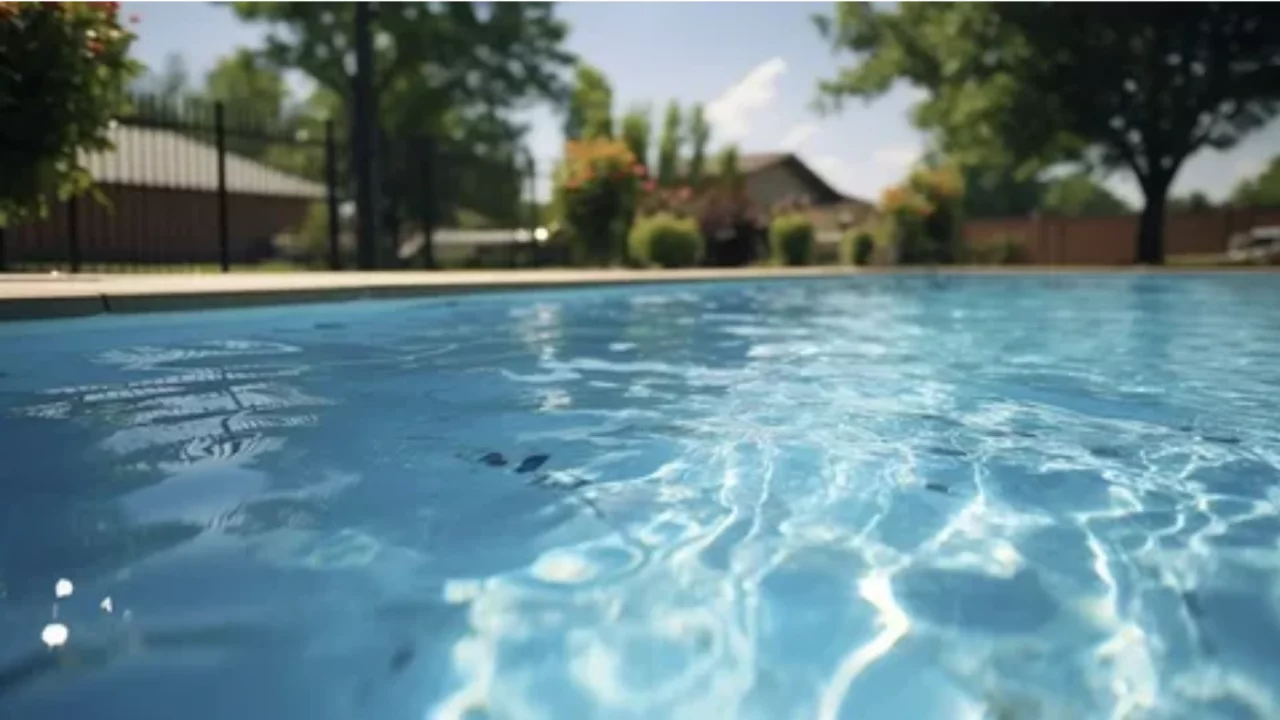Public Swimming Pools: What Bacteria Threaten Swimmers?

During the summer season, many people flock to swimming pools for relaxation. But how often do we think about the hygiene of the water? Bacteria and parasites that appear harmless floating on the surface can pose significant health risks.
Swimming pools, while offering numerous physical and mental benefits, can become sources of various infections if not properly managed. Although chlorine disinfection is the main protective measure in pools, some microorganisms are resistant to this chemical.
One of the most dangerous waterborne diseases observed in public pools in Uzbekistan is linked to the parasite Cryptosporidium. This parasite causes painful diarrhea, vomiting, and abdominal pain. It can be particularly serious for children, the elderly, and those with weakened immune systems.
Interestingly, a person infected can continue to shed the parasite even after symptoms disappear. Every swimmer entering the pool may unknowingly bring small amounts of fecal matter or other contaminants into the water.
In addition to dangerous parasites, bacteria like Staphylococcus can cause skin infections. Another common issue is “swimmer’s ear,” an external ear infection that occurs when water remains trapped in the ear for extended periods.
High-temperature and humid changing rooms provide the perfect environment for the spread of fungal infections.
Another rare but dangerous parasite is Acanthamoeba, which can cause eye infections. In some cases, this can result in vision loss.
Chlorine is well-known for quickly eliminating most bacteria and viruses. However, Cryptosporidium is resistant to normal levels of chlorine and can survive in water for up to a week.
Additionally, the “chlorine smell” in pools is not actually chlorine itself, but rather chloramines — compounds formed when chlorine reacts with sweat, urine, and other wastes. These compounds can irritate the eyes and throat and may even lead to asthma in pool staff.
Hygienic Tips for Swimmers
To protect your health, the following precautions are recommended:
- Shower before swimming – this removes dirt and microorganisms from the skin.
- Try not to swallow water while swimming – many infections are transmitted through ingested water.
- If you're feeling unwell or have recently had diarrhea, avoid swimming.
- Observe pool hygiene – if the water is cloudy, smells strongly of chlorine, or cleaning is inconsistent, it may be a red flag.
- Supervise children strictly – they tend to swallow more water and have weaker immune systems.
Experts believe that well-managed and hygienically maintained swimming pools pose minimal health risks. Proper training of pool operators, monitoring of pH and chlorine levels, and fast response measures play key roles.
Especially during the scorching summer days in Uzbekistan, cool swimming pools play an important role in maintaining public health and physical activity. Read “Zamin” on Telegram!
Ctrl
Enter
Found a mistake?
Select the phrase and press Ctrl+Enter 




















